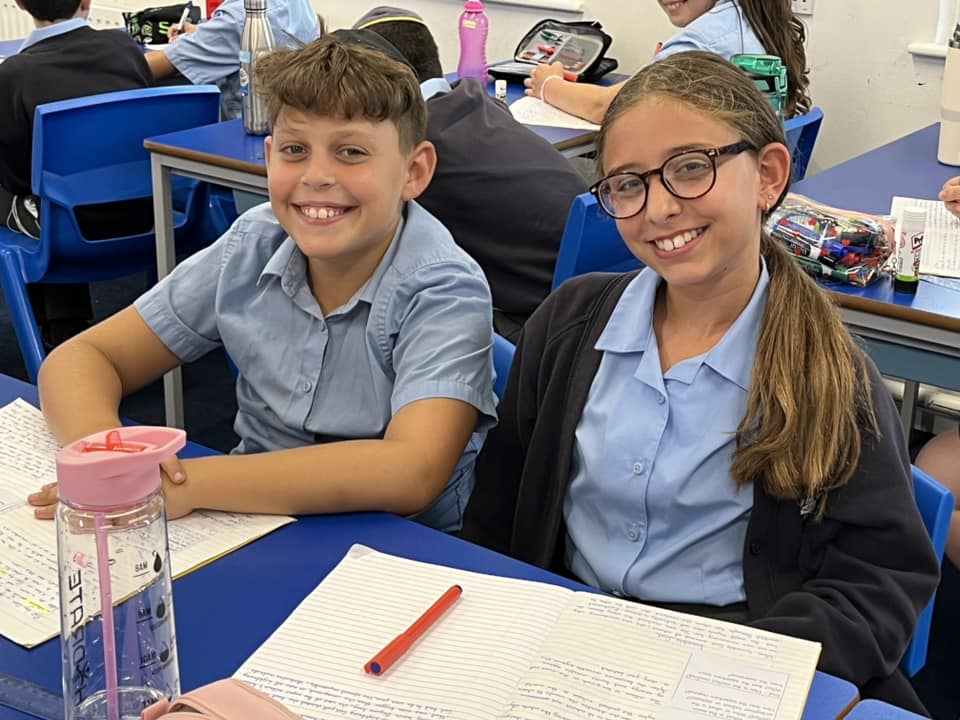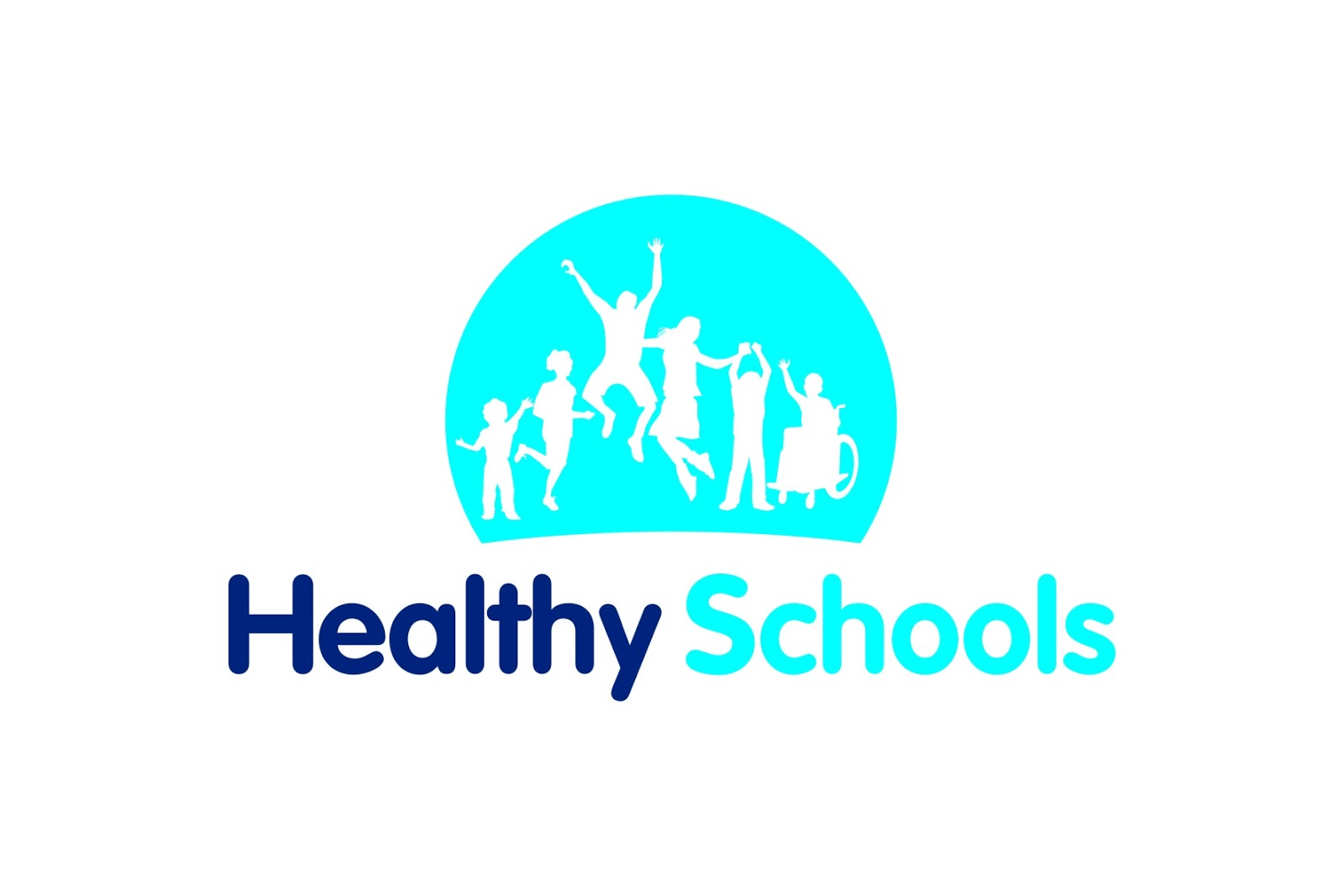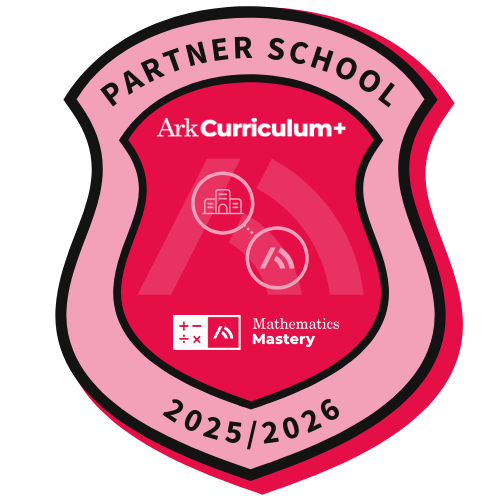
Taken from a feature published in The Jewish News
Juliette Lipshaw has been headteacher at Sinai – Europe’s largest Jewish primary school – for eight years, and deputy head for two years before that. She is a “big believer” in Jewish primary school education, and in this one in particular, as a former pupil whose father was one of the founding governors. All her siblings and her children went to Jewish primary schools, but followed that with a plethora of different types of education, spanning JFS, a private all-boys’ school and an all-girls’ grammar school.
Talking to me from behind her desk, with a backdrop of thank you cards from pupils, many of them handmade, she tells me that the early years is when we can “lay the foundations for Jewish children to have a love of their culture, their traditions, and their heritage, right from the get go. Because this is obviously when they're most receptive to learning and developing. I know that when I sit at my Seder nights, I sing the songs with my family that I learned in my Jewish primary school.”
After October 7 there were few phone calls from several parents wanting to move their children from a local state primary to Sinai. “I think there was that feeling of security of all being together inside our blue gates. Security at Sinai is very tight.”
A Jewish school isn’t necessarily filled with religious children and Sinai is in its own way a melting pot as pupils run the full gamut of secular, observant and orthodox Judaism. Juliette believes what the children learn in school can in many cases spill over to the parents. “We are also bringing the parents in to create that love of Judaism and love of tradition; what they keep and practice at home is kind of irrelevant, as when they are in the building, they celebrate our school ethos and they love it.”
Most children go on to Jewish secondary schools, but not all. “When they go off to secondary school, and they're more independent, they make their own way. When they are young, they're impressionable and we've got lots of first-time parents so it's about us creating the culture and the enthusiasm for Judaism and creating the leaders of the future. This is all the more important in the current culture of anti-semitism. We teach our children to be proud to be Jewish, proud to be British and proud to be Zionists - we are creating the Jewish leaders of the future.”
Juliette is conscious that a Jewish school should not create a “bubble”, where the children don't understand what's going on in the world around them. Twenty per cent of the curriculum is focused Jewish education but pupils also learn from a multicultural staff about other religions and cultures and about what's going on in the news. Last year the pupils did some activities with a group of children from a local school in Kingsbury, and they regularly travel on the train into London to visit art galleries and museums. “I want the children to embrace their religion, but also to understand and embrace the world around them.”
Sinai is a voluntary aided school meaning that it doesn’t get the same government funding as if it were a local primary school. We do depend on voluntary donations from parents.
“When we do tours, people always say our school is comparable to a private school. Our grounds are vast, we have a specialist art room, specialist PE teacher and a wonderful environment. We strive to deliver an excellent and ambitious education because there has to be a reason why people will travel to us.” Indeed the school serves seven London boroughs with 250 children coming by bus and the other 400 being driven by parents.
Juliette believes firmly in co-education. “Our top set maths is as full with girls as it is with boys. We want to encourage our boys to be great writers and our girls to be great mathematicians. I believe that a mixed education helps them learn to navigate the world around them.”
On the proposed addition of VAT on to private school fees she says that the key to choosing a school is finding one that is the right setting for the child and that it’s only fair that people have a choice. “Parents don’t necessarily send their children to a private school just because they are privileged. And therefore you are preventing those children being able to go if you make it harder for their parents. You’re not enabling people to have the choice as they would have to find even more money to send them.”



.jpeg)

.jpg)


.jpg)
